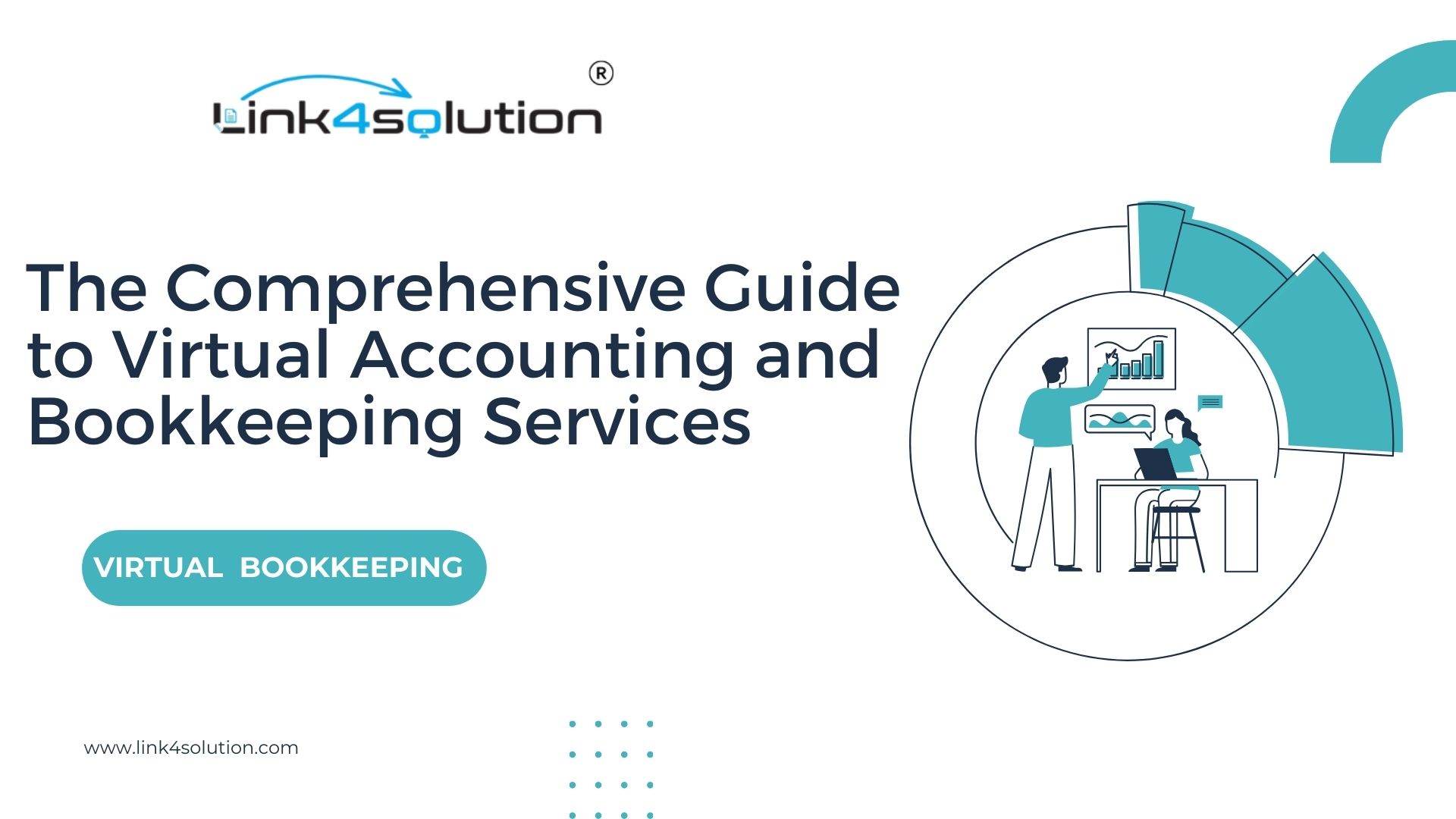In today’s rapidly evolving business landscape, where agility and strategic focus are paramount, the shift towards virtual communities—significantly accelerated by the pandemic—has revolutionized traditional business practices. This transformation has led to the emergence of virtual accounting and bookkeeping services as a cornerstone for business efficiency, especially for small to medium-sized businesses, startups, and entrepreneurs. These services not only simplify the taxing process but also ensure a smoother operation, facilitating closer business interactions and streamlined operations.
Key Advantages of Virtual Accounting and Bookkeeping Services
1. Cost-Effectiveness and Efficiency: Virtual accounting and bookkeeping services provide an economical alternative to the traditional in-house finance team, significantly reducing overhead costs such as PTO, insurance, retirement benefits, and sick days. This not only enhances financial reliability but also redirects resources towards growth-centric activities.
2. Reduced Fraud Risk: Small businesses often face higher risks of financial discrepancies due to less stringent internal controls. Virtual services mitigate this risk by offering enhanced oversight and sophisticated fraud detection mechanisms, thus safeguarding financial integrity.
3. Proactive Business Management: The ability to detect financial anomalies early allows businesses to adopt a more proactive approach to management. This foresight can prevent potential issues from escalating, thereby maintaining operational efficiency and integrity.
4. Comprehensive Financial Reporting: Access to detailed financial reports, including income statements, balance sheets, and cash flow analyses, provides invaluable insights for strategic decision-making. This level of detail surpasses what traditional in-house bookkeeping can offer, facilitating a clearer understanding of financial health.
5. High-Quality Financial Information: The precision and quality of financial data provided by virtual services are essential for effective communication with investors, securing funding, and making informed decisions promptly.
6. Simplified Recruitment Process: Outsourcing eliminates the exhaustive and often costly process of recruiting, interviewing, and training an in-house finance team, thereby streamlining access to expert services without the associated overhead.
7. Teamwork Versus Individual Effort: Opting for a dedicated team of financial professionals ensures a collaborative approach to managing your business’s finances. This collective expertise typically results in higher accuracy and innovation compared to relying on a single in-house bookkeeper.
8. Access to Advanced Systems and Tools: Virtual services enable businesses to leverage the latest in accounting technology and software without the direct investment in purchasing and maintaining these systems, thus staying at the forefront of financial management practices.
9. Expertise on Demand: Having a team of seasoned professionals manage your accounting and bookkeeping means accessing a wealth of experience and knowledge, ensuring peace of mind and the ability to focus on core business functions.
10. Flexible Scalability: Virtual accounting and bookkeeping services adapt seamlessly to your business’s evolving needs, offering the agility to scale operations up or down as required, providing a strategic advantage over fixed in-house teams.
Beyond the Basics: Enhancing Business Operations
In addition to the core benefits, virtual accounting and bookkeeping services play a crucial role in ensuring compliance, facilitating tax preparation, securing data, and providing easy access to financial experts. By minimizing the time and effort spent on administrative tasks and paperwork, businesses can reallocate resources towards strategic initiatives and core activities, driving growth and innovation.
In the digital era, the transition to virtual accounting and bookkeeping services represents a strategic pivot essential for businesses aiming to streamline operations, optimize financial management, and foster growth. By embracing these services, businesses can navigate the complexities of the modern marketplace with greater agility, efficiency, and focus, setting a solid foundation for sustained success.




